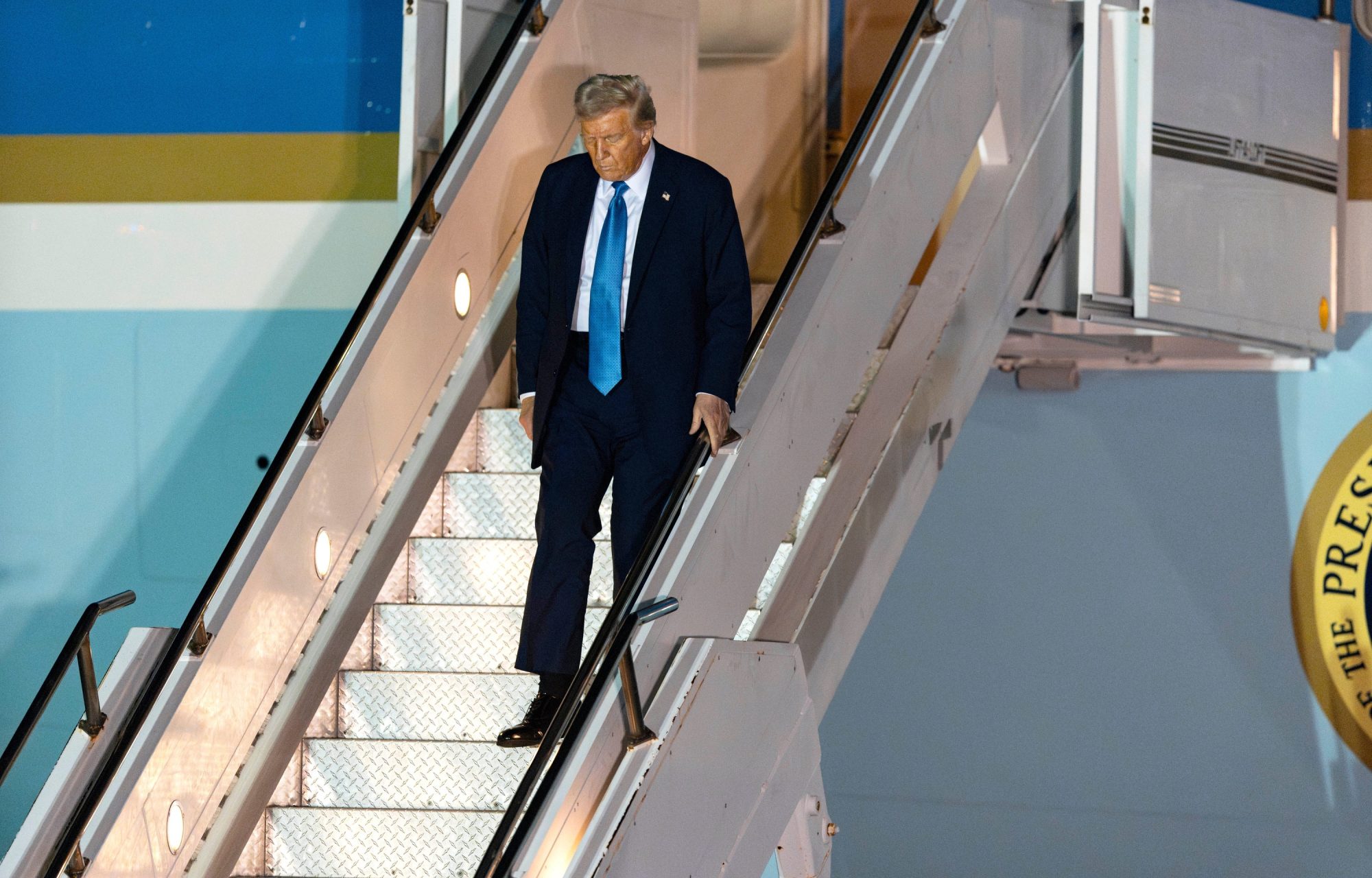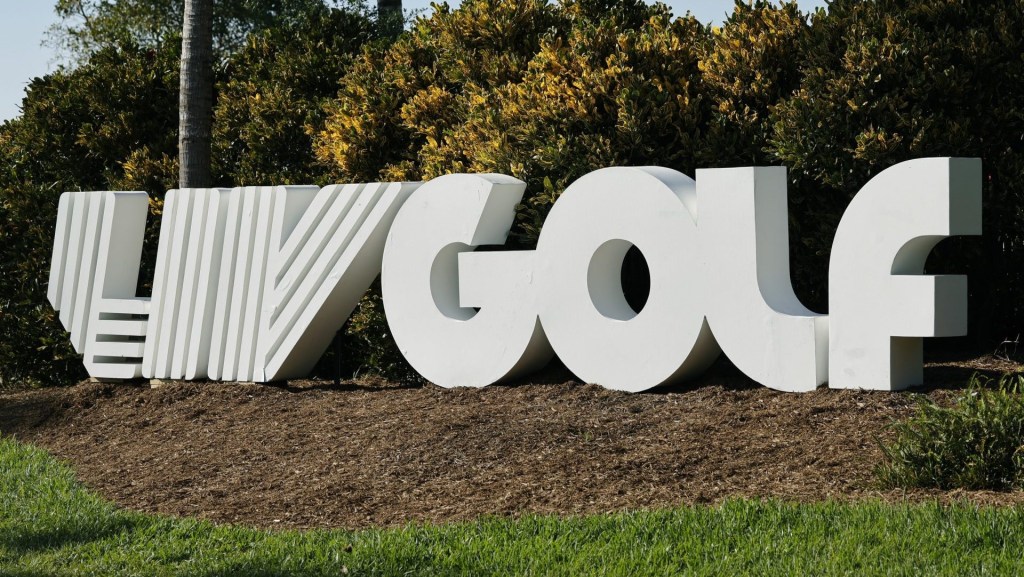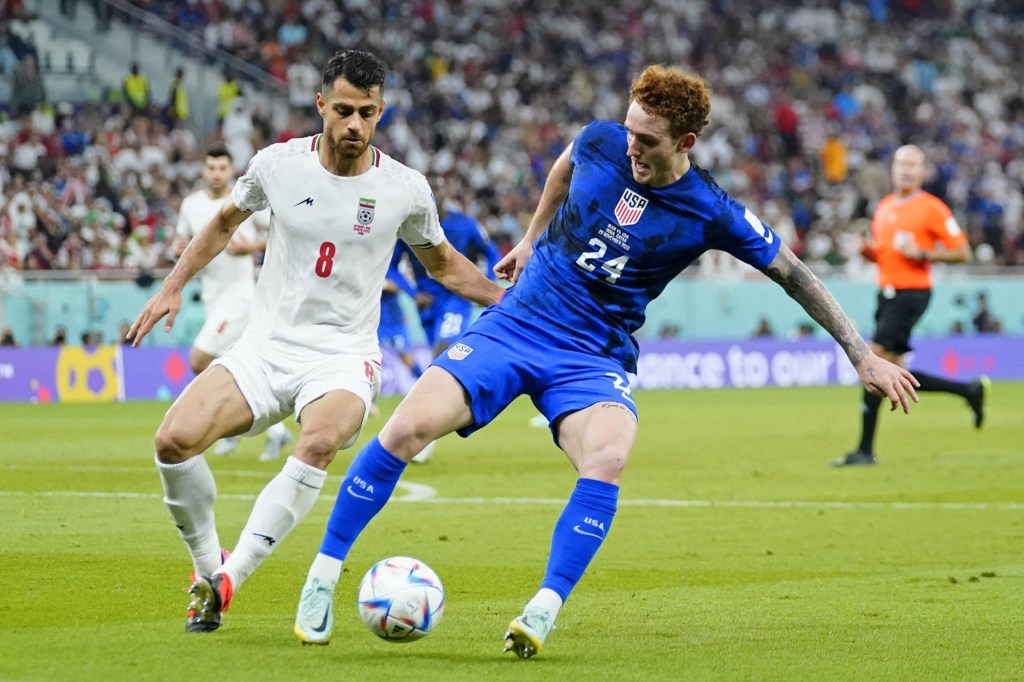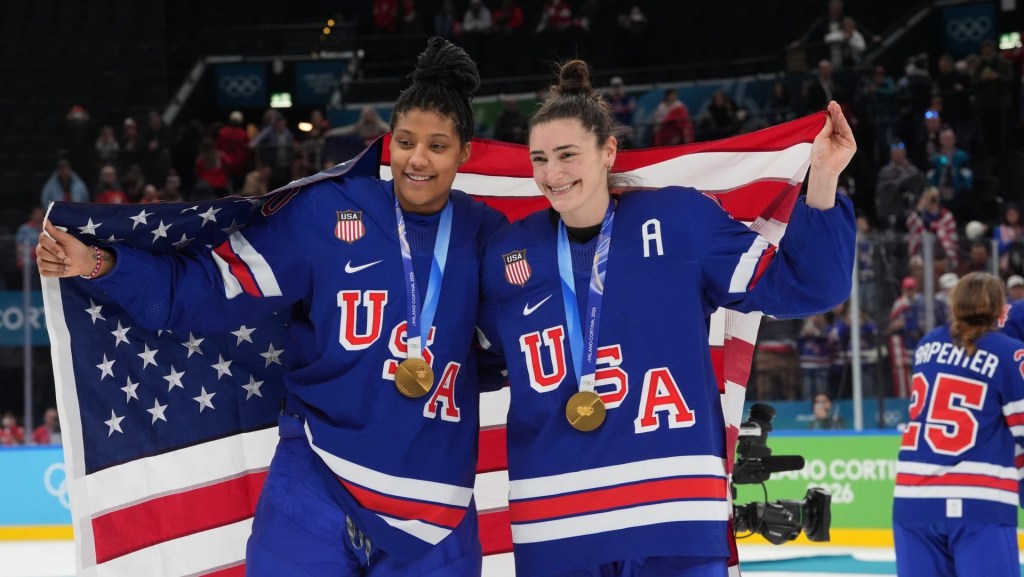On Wednesday, President Donald Trump signed an executive order aimed at banning transgender athletes from competing in women’s sports in schools—the latest in a flurry of executive orders since he took office less than a month ago.
Trump said that the order would prohibit any educational institution that receives federal funding from allowing transgender athletes to “take over” women’s sports, and that any schools that violate the executive order would be investigated as having violated Title IX (the statute requiring gender equity in educational institutions). Trump has also said he plans to disband the Department of Education, which oversees Title IX compliance.
The executive order applies to all educational institutions, from kindergarten through college. NCAA president Charlie Baker has previously testified there are fewer than 10 transgender athletes participating in NCAA sports out of about 510,000 athletes total. The NCAA itself is not subject to Title IX compliance, unlike its members.
Trump also suggested he would keep transgender athletes from competing in the 2028 Olympics in Los Angeles. He added that he had directed the Department of Homeland Security to deny visa applications of any transgender athletes planning to play women’s sports in the U.S. While the Trump administration doesn’t have direct oversight of the International Olympic Committee or other international governing bodies, the order said that “It shall also be the policy of the United States to oppose male competitive participation in women’s sports more broadly.”
“This will effectively end the attack on female athletes,” Trump said.
The executive action, called “Keeping Men Out of Women’s Sports,” was signed on “National Women and Girls in Sports Day” after a press conference. Dozens of women and girls stood behind Trump, including former Kentucky swimmer and conservative activist Riley Gaines and former SportsCenter co-host Sage Steele. The signing was the culmination of one of Trump’s biggest campaign promises.
The order could face legal challenges, as organizations like the Human Rights Council review the text of the action. Future presidents could also reverse executive orders.
The NCAA suggested that it would abide by the executive order, saying in a statement Wednesday that it will be “reviewing the executive order and will take necessary steps to align NCAA policy in the coming days, subject to further guidance from the administration.”
Press secretary Karoline Leavitt told reporters Wednesday the administration expects the NCAA and U.S. Olympic & Paralympic Committee to “do the right thing” and change their own rules, she said.
An NCAA representative did not immediately provide comment about the expected order, but Baker said during a House hearing in December that the governing body would follow federal law—and that “clarity on this issue at the federal level would be very helpful.”
The NCAA’s current policy is that each sport follows the rules set by its corresponding Olympic national governing body, which often revolve around testosterone levels and other biological metrics (though scientists disagree on how much metrics like testosterone levels actually impact sports performance). The National Association of Intercollegiate Athletics (NAIA), another college sports governing body, voted to impose a blanket ban on transgender athlete participation in women’s sports in August 2024.
Rep. Lori Trahan (D., Mass.) said Trump’s order was “dangerous, it’s illegal, and it should be struck down,” in a statement to FOS. Trahan also warned of athletes, whether transgender or not, undergoing “invasive” gender tests.
During his press conference, Trump referenced Algerian Olympic gold medalist Imane Khelif as an example of a transgender athlete with a purportedly unfair edge. Khelif is not transgender; she was assigned female at birth and competed at the Olympics in the women’s boxing category.
The action could also impact existing lawsuits against the NCAA, schools, and conferences for allowing transgender women to participate in women’s sports. The Independent Council on Women’s Sports, which is funding three of them (against the NCAA, the Mountain West conference and Ivy League), sees the executive order as an indication that Trump’s administration will get involved in the litigation.
“We expect the EO to lead directly to intervention in ICONS’ lawsuits by the U.S. Justice Department and to an immediate change in the NCAA’s harshly discriminatory policies,” ICONS co-founder Marshi Smith told FOS in a statement. “President Trump’s decisive Executive Order upholds the rights of women and girls and confirms the unlawfulness of the NCAA’s transgender eligibility policies.”
Meanwhile, House Republicans have also passed a bill that would alter the language of Title IX, the statute governing gender equity in educational institutions, to ban trans athletes from women’s sports. The bill—which would effectively accomplish the same thing as Trump’s order—is awaiting a vote in the Senate.







![[Subscription Customers Only] Jun 15, 2025; Seattle, Washington, USA; Botafogo owner John Textor inside the stadium before the match during a group stage match of the 2025 FIFA Club World Cup at Lumen Field.](https://frontofficesports.com/wp-content/uploads/2026/02/USATSI_26465842_168416386_lowres-scaled.jpg?quality=100&w=1024)
![[Subscription Customers Only] Jul 13, 2025; East Rutherford, New Jersey, USA; Chelsea FC midfielder Cole Palmer (10) celebrates winning the final of the 2025 FIFA Club World Cup at MetLife Stadium](https://frontofficesports.com/wp-content/uploads/2026/02/USATSI_26636703-scaled-e1770932227605.jpg?quality=100&w=1024)








